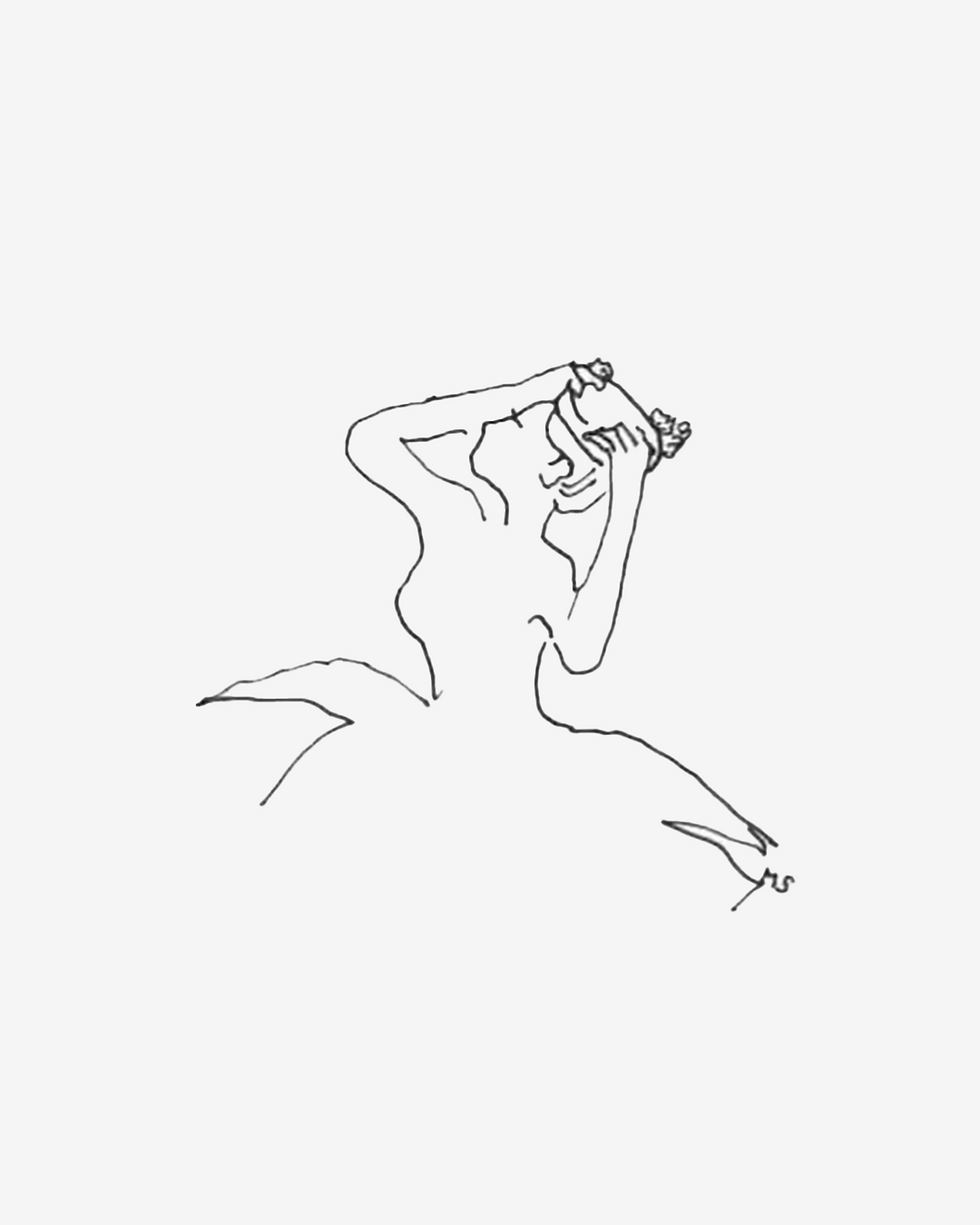What I was wearing...for a party in Gatsby country.
- Laura Dwyer
- Mar 4, 2025
- 3 min read
Updated: May 28, 2025
Chapter 5
… was a black summer dress, an actual new dress from a fancy boutique on the upper East side. This was in contrast to the limp second- and third-hand items I tended to buy from charity shops.
The dress was knee-length and fitted, cotton with a bit of polyblend thrown in for shape. “It’s a fabric with memory,” the chic salesgirl said, stepping back with a little nod of approval. No sleeves, just two wide shoulder straps that crisscrossed in the back.
Saucy.
I bought it to wear at a birthday party for my boyfriend’s father.
The party was at his parents’ house, the one they bought for their stay in America, perched on a bluff overlooking the Long Island sound. This was what people called the Gold Coast. Gatsby country. The village (it had retained that quaint designation) was an enclave, wooded and serene, authentic colonials that mingled pleasantly with newer, larger versions. A winding lane at the top of the bluff brought you down to a private sailing club with tennis courts and a sunburnt lawn and a clubhouse with white pillars where members signed for their iced teas and tuna melts. It was all very understated, a place of old families and old money that was never, ever talked about. What was also never talked about was the category of person who would not own a house in the village and whose boat would never be moored in that stretch of cove. To put it crudely, there was only one Jewish family with a key to the sailing club and their name was Rothschild.
The funny thing is, I’d been born less than 10 miles away, in a town called Hicksville. Hicksville, Long Island. At the time, my parents were living in a sub-division built on acres of potato fields. They were able to buy it on the G.I Bill, $1,000 down for two bedrooms, a carport, a patio in the back yard and a couple of starter trees on the front lawn. It was assembly-line architecture, mass-produced, each house exactly like the one next door and for the returning soldiers of Korea and WWII it was their piece of
paradise. All those city boys who’d been sent to war and found themselves hunkered down in a wet Belgium village or on a destroyer in the middle of the Pacific, had promised themselves, If I ever get out of this alive I’m going to get myself a little house and raise a family. Well, this identikit suburb on parched farmland was it.
The friends my boyfriend’s parents had made in the village all belonged to the sailing club. At cocktail parties – thye had taken us to a few of them since I’d started dating their son -- the men’s faces were ruddy above their blazers and bright polo shirts. The women wore shirtwaists and Lily Pulitzer shifts in eye-popping florals.
They fascinated me because they seemed so effortless.
They didn’t have to try to be anything, to strive or aspire, they just were, living, cozily, with the unquestioning assumption that this was the best, the only way to be. The afternoons spent wrestling with flapping sales, the oiled musk of their furniture, the dog baskets with faded Tartan rugs: decorous, voluptuous satisfactions, the preppy mystique personified. They were the people and culture Ralph Lauren had made a fortune copying.
It’s not that I thought they, these scions of America, were better or more worthy than anyone else. I merely envied – no, lusted after -- their lack of doubt. They were so confident, they didn’t even mind that the power base had shifted, that they’d been supplanted by striving immigrants. But then, wasn’t that the definition and allure of the American dream itself, the idea that anyone could try for that level of assurance and privilege, even first generation Americans from the Bronx?
My parents were first generation Americans from the Bronx, just like Ralph Lauren when he was still Ralph Lifshitz.




